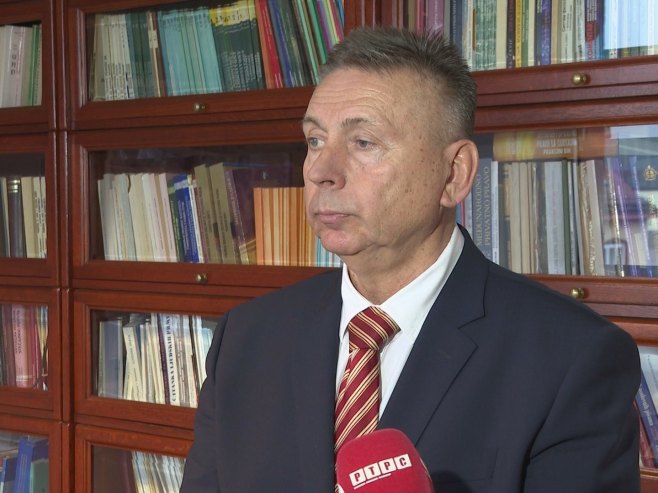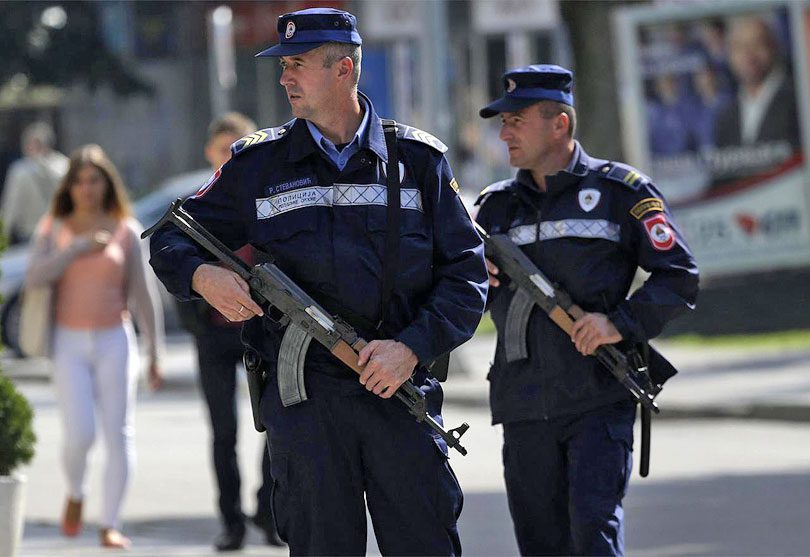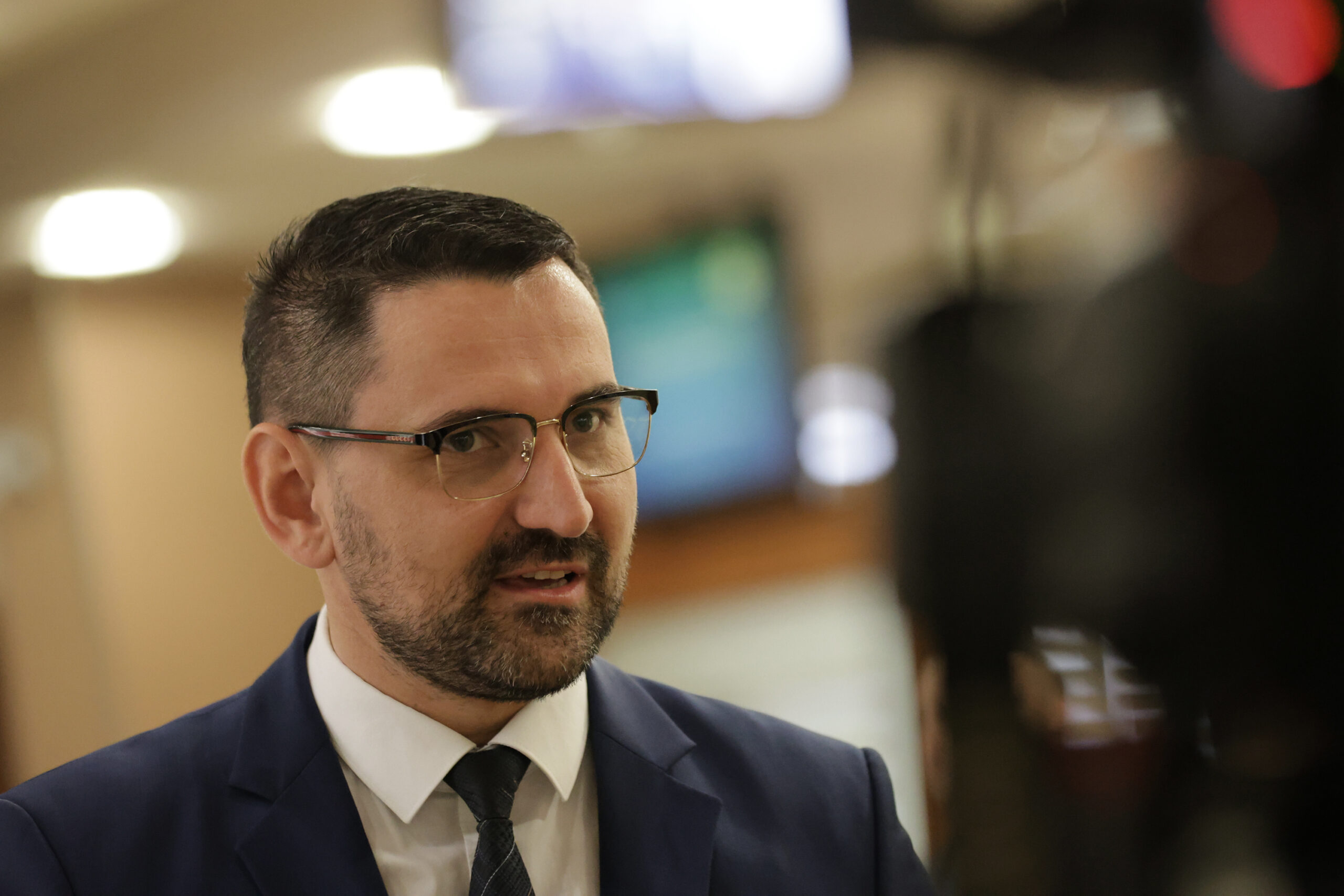It does not matter which European states have imposed sanctions on one of the highest officials in this region, but rather how Republika Srpska will position itself in new geopolitical developments.
This was stated in an interview for Glas Srpske by diplomat and expert on geopolitical relations Lučiano Kaluža, commenting on Slovenia’s decision to follow Austria and Germany in imposing sanctions on the President of Republika Srpska, which include a ban on entering the country.
“I don’t think this matters anymore, because Europe has become a marginal global political player. What is important is how the major and powerful countries—namely the US, Russia, and China, which are shaping today’s world—will treat us. Even if more European states decide to take such steps, it will not significantly affect the functioning or future of Republika Srpska,” said Kaluža.
GLAS: Was Slovenia perhaps acting on Brussels’ orders, especially knowing that the proposal came from Foreign Minister Tanja Fajon, who spent years serving there?
KALUŽA: The Slovenian government’s decision to impose sanctions on President Milorad Dodik was not explained at all, so it is unclear why it was taken. Ljubljana only said it was based on “classified information.” I think we cannot exclude the possibility you mentioned—that pressure came from Brussels, considering developments in Europe and in our region. Such a directive may have come from certain centers of power, but Slovenia’s compliance is a problem for them, not for Republika Srpska.
GLAS: Why would Slovenia take such a step at such a delicate political moment?
KALUŽA: First, I don’t think this can damage state-level relations between Slovenia and BiH, or between Slovenia and Republika Srpska, particularly in terms of economic cooperation. Sanctions are usually a last resort in serious interstate disputes. That was not the case here, so it is puzzling why Slovenia decided to bar entry to a legitimately elected official, President Dodik. By doing so, sanctions were effectively imposed not just on Republika Srpska, but also on BiH itself. This will certainly worsen political relations, and I really do not see the rationale behind it.
GLAS: Can these sanctions harm economic cooperation, considering that many local companies work with Slovenian firms?
KALUŽA: I don’t believe so. Companies will continue to cooperate. If a Slovenian firm were to come to Republika Srpska tomorrow and open a facility, I am certain there would be no problems. On the contrary, the institutions of Republika Srpska would welcome it.
GLAS: Reports suggest that Slovenian citizens do not share their government’s stance on sanctions?
KALUŽA: Of course they don’t. Ordinary Slovenians have a special sentiment toward the people here, a friendly attitude toward the Serb people and Republika Srpska. They have never hidden that. A significant number of people from our region live and work there. I believe that if sanctions had been put to a referendum, they would not have passed. This is simply not the right tool for communication with other countries. Slovenia should never have allowed itself to take this step. I think this was imposed by certain centers of power.
GLAS: Slovenia recently signed a military agreement with Croatia. Could this be connected to developments here?
KALUŽA: I don’t think the two are related. If we look closely, these military agreements being signed around the world today are mainly tied to economics. We live in turbulent times, and everyone is trying to form alliances—sometimes of this kind—in preparation for major crises looming on the horizon. I don’t think this has anything to do with the sanctions against President Dodik, especially knowing what President Zoran Milanović thinks of him.
Source: Glas Srpske









